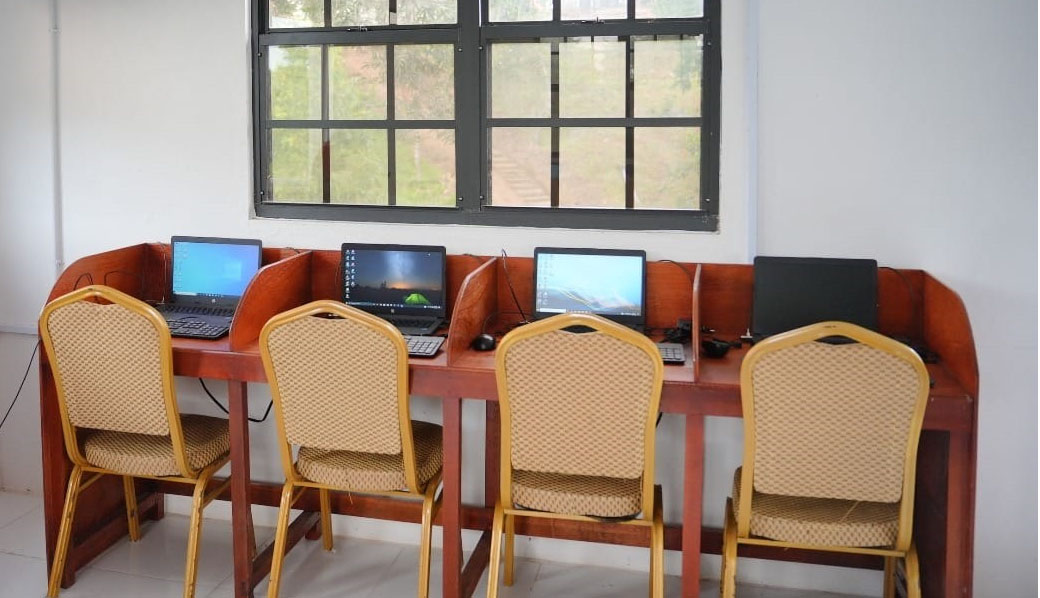The Office of the Prime Minister says that its facilitating agency, the National Data Management Authority (NDMA), has completed phase one of the Low Earth Orbiting (LEO) Satellite Connectivity project, which aims to benefit over 250 hinterland, remote, and riverain communities, by the end of this year.
This disclosure, which was made on Friday in a release from the Office of the Prime Minister, highlighted that the government’s pledge to bridge the digital divide is rooted in recognising the disparities between coastal and hinterland communities. It noted that the LEO Satellite Connectivity Project directly responds to these challenges, promising to deliver high-speed internet to over 250 communities by the end of 2024.
Phase one of the LEO Satellite Connectivity Project focused primarily on Region One and its sub-districts.
Prime Minister Mark Phillips emphasised the importance of this project. “Access to reliable internet connectivity is crucial for accessing vital services, improving education outcomes, and fostering economic opportunities.”
According to the release, since its launch in July 2024, the LEO project has already established nearly 150 connections in more than 55 communities. These connections, it explained, are strategically aimed at empowering critical institutions such as health facilities, schools, and police outposts, thereby enhancing their operational capabilities and service delivery. The initiative is part of the broader WiFiGY programme, which seeks to expand public internet access across the nation, currently providing free internet in nearly 900 public spaces.
“The completion of phase one marks a pivotal moment in our efforts to bridge the digital divide and enhance the quality of life in Guyana’s hinterland communities, moving communities from connecting to connected,” the Prime Minister noted.
Meanwhile, commenting on the importance of this project, NDMA General Manager, Christopher Deen, noted, “This initiative will ensure that no community is left behind, regardless of their geographical location. By providing free internet services, we aim to empower individuals and communities to participate fully in the digital economy and improve overall quality of life.”
Phase two is expected to commence shortly and will focus on Region Three, Region Six and the Mazaruni River areas in Region Seven, with the remaining phases scheduled for completion before the end of 2024.
The release explained that the LEO project not only facilitates communication but also promotes digital literacy and inclusion. By providing access to online resources and e-learning platforms such as GOAL [Guyana Online Academy of Learning], it posited, government is equipping students and educators with the tools necessary for success in a digital age. Further, the initiative is expected to stimulate local economies by creating job opportunities and fostering innovation, as communities gain access to the digital economy.
It also disclosed that in addition to the LEO project, the Office of the Prime Minister is implementing various ICT programmes aimed at enhancing digital engagement and participation among citizens. These initiatives include the establishment of ICT hubs in Indigenous communities, which serve as centres for digital learning and access to e-government services. It is the government’s contention that by combining these efforts with the implementation of renewable energy projects through the Guyana Energy Agency, it is not only addressing connectivity but also ensuring that communities can access stable and reliable electricity for essential services, the release added.





